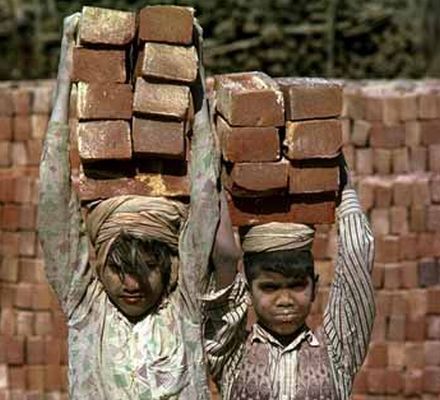An investigation carried out by Britain’s Channel 4 shows children working on six farms in Guatemala, the largest coffee producer in Central America. The TV documentary, which will air on Monday (in the UK), appears to show Guatemalan children picking beans, lifting heavy loads and working for up to six days a week.
The plantations allegedly supply to Nestle-owned coffee giant Nespresso.
“We knew it was a big project when it started seven years ago, and honestly, I was surprised and saddened to see this story,” Oscar-winning actor George Clooney said in a statement.
Clooney says he was “surprised and saddened” after an investigation revealed child labor at Guatemalan coffee farms linked to the Nespresso coffee he advertises.
Clooney has been the company’s brand ambassador since 2006.
A high-profile advocate of ethical causes, Clooney called for a boycott of luxury hotels owned by Brunei last year because of the South-East Asian nation’s plans to impose the death penalty on people having gay sex or committing adultery.
The 58-year-old Clooney, who helped on his family’s tobacco farm in Kentucky during holidays as a teenager, added that he was “uniquely aware of the complex issues regarding farming and child labor” when it came to nations in the developing world.
Nespresso, which has its headquarters in Switzerland, said in a statement that it sourced all its coffee beans ethically and was investigating the allegations.
“We have immediately stopped purchases of coffee from all farms in the region and we will not resume purchases until we are able to investigate and be assured that child labor is not being used,” said Nespresso chief executive Guillaume Le Cunff.
With a population of 17.3 million, Guatemala is the world’s 10th largest coffee producer.
“We are making significant efforts to address child labor and protect the children in the coffee farming communities we work with, and we will continue to do so,” Han de Groot, chief executive of the Rainforest Alliance told CNN. (https://qcostarica.com/guatemala-children-forced-to-work-six-days-a-week/)






































